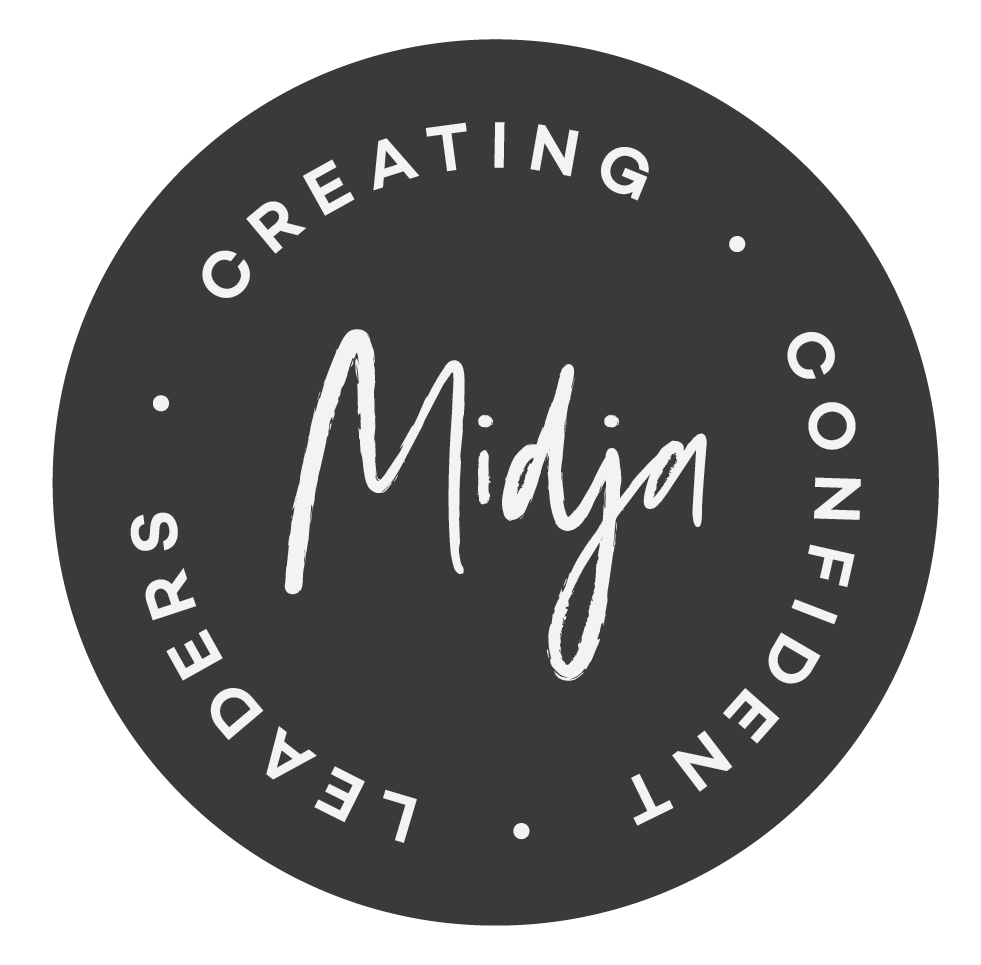Disposable Shopping Bags Banned, Disposable Employees Acceptable
We no longer consider disposable shopping bags, disposable coffee cups or disposable straws acceptable. So, why is it still acceptable in business for us to have disposable employees?
Employees who for many years have shown loyalty, commitment and hard work and then BAM, when things get tough, when financial pressure hits, the first reaction is to let them go. The belief that everyone is expendable.
When the numbers don't add up, leaders can be quick to dispose of their people as a first priority. Often things are said like, "It's nothing personal, it's just business" which really gets under my skin, because it is personal. Business is personal. It's about the relationships we have with the people we’re leading. It's about trust and commitment and connection. But, so often all of these things are put aside, for the sake of shareholder gain, profit, and short-term results. “Profits before people.”
So, what's the impact of this?
The impact, of course, on the employee themselves can be devastating. It affects their financial security, their confidence and their self-esteem. And while 70% of workers who are laid off will find a new job within a year, 1 in 3 will be paid less than they were in their old jobs and 1 in 8 will move into jobs that require a lower skill set.*
It also has a huge impact on the people that are left behind within the organisation. As a leader, you’ve created a culture of distrust and fear.
How can anyone perform at their best in this type of culture?
How does this motivate people to do their best work?
How inspiring is it when people come to work on any given day, (despite doing great work) and believe that at any time they could get a tap on the shoulder and be told they're out?
How do we expect people to commit to a cause, a leader or an organisation when this can happen?
So, what can be done? As a leader, when times get tough, it is important that you:
Create some space and don’t react immediately
Think creativity about the possible solutions
Consider all conceivable win-wins – a win for the company and a win for your dedicated employees
Look back at what got you in this sticky situation in the first place (eg: growth strategy, market influences, work processes) and learn from your mistakes
Put long term sustainability ahead of over short term profit
A great illustration of this leadership approach was seen during the 2008 recession. Bob Chapman, CEO of Barry-Wehmiller, a manufacturing company was faced with tough decisions during the recession when his company was suffering financially. The board suggested redundancies but Chapman refused and instead implemented a program where every employee had to take four weeks annual unpaid leave. What happened? Morale went up.
"We build great people to do extraordinary things." Bob Chapman
When did we stop feeling a sense of loyalty and responsibility to the people who we lead? The people who have given us the opportunity to succeed and realise our company vision. It’s time to put these people first.
I love the story of the Cadbury family business. More than 100 years ago in the UK, the family built a model town, Bourneville, for their workers. The huge chocolate factory was at the centre of thousands of purpose-built houses, a village green, cricket fields, gardens, schools, churches, and civic halls.
Bourneville village, July 1909.
Cadbury was giving a clear message that it cherished and invested in its workers and in return expected commitment and loyalty back which is just what they got. Cadbury believed in business for a purpose - for innovation and human betterment. I wonder if we can say the same thing about our businesses today?
Now, of course, we are moving more and more towards an on-demand workforce. Freelance workers continue to grow and in the US, at least, it is predicted that by 2027 over 50% of workers will be freelancing. ( Freelancing in America Survey, 2017, Edelman Intelligence)
There are some wonderful advantages of this for both companies and employees but I believe it will also bring about a unique set of challenges. It will be interesting to see in the long term the impact of this type of workforce on company growth and profit.
You see, I believe that as human beings we crave a sense of belonging. We want to show commitment and loyalty to a worthwhile purpose; a leader who we admire and trust; an organisation which aligns with our personal values.
We want to do work that is significant, build meaningful long-term relationships and be valued for our contribution.
As leaders, how can we create this type of working environment where our people will flourish and perform at their best for us?
The first thing we must do is simple. We must stop believing that our people are disposable assets and start believing that they are our most valuable assets.
Midja x
*OECD (2016) Back to Work: Australia: Improving the Re-employment Prospects of Displaced Workers, Back to Work, OECD Publishing, Paris. http://dx.doi.org/10.1787/9789264253476-en

